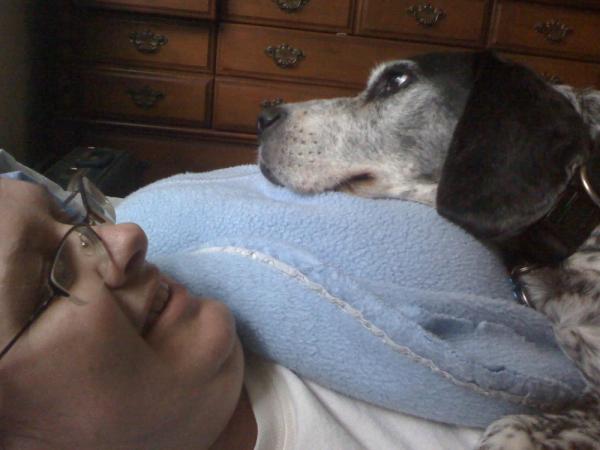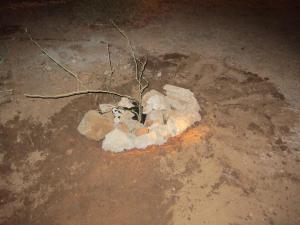“If Abraham, by what he did for God, got Got to approve him, he could have certainly have taken credit for it. But the story we’re given is a God-story, not an Abraham-story. What we read in Scripture is ‘Abraham entered into what God was doing for him, and that was the turning point. He trusted God to set him right instead of trying to be right on his own.” ~Eugene H. Peterson, The Message, (NavPress: Colorado Springs, 1993) Romans 4:1-5
It seems exceedingly difficult, this text. There is the message that there is some inherent goodness in our being who we are over and above all of our anxious human doing. (It must an important lesson, we read it over and over throughout the Bible, starting with Genesis.)
It seems nearly impossible to those of us living in a consumer-driven commercial world. This notion that you can not do anything to earn all of what God has to offer. It’s an affront to American culture and a reversal of the American Dream.
We can do nothing for God’s approval, nothing to gain merit or entrance into the Kindom* of God. Paul is commenting on that old struggle between works and grace.
It is a difficult text, but an important one as we move through the Lenten season reflecting on how we long for a deeper connection with God. As we give up the barriers to our spiritual life, give up our creature comforts, or as we take up practices we hope will enable us to walk closer to God’s will, we are very much consumed with the doing aspect of living out this text.
There is something about grace which the post-modern world seems intent on annihilating. We are told if we work hard we will have all we need; that has not been true since 2009 and possibly before. The idea that we get the material goods we deserve based on our hard work in the world is roughly equivalent to the 1980’s notion that neon colors were fashionable.
The NRSV words verses 2 and 4 as “For if Abraham was justified by works, he has something to boast about, but not before God. … Now to one who works, wages are not reckoned as a gift but as something due.”** Here, Paul seems to come down squarely on the side of grace.
Paul’s teaching in this text brings memory to my mind many of persons I interacted with as a hospice chaplain. At some point in life we all reach the stage where the most we can do is simply exist. [This is particularly true for persons with dementia and the other brain disorders associated with aging.] At some point in our adult lives we may need others to feed, bathe, and clothe us just as we did at life’s beginning. Being is a form of Grace. Being as Paul reminds us is all God asks of us is to do. Some religious and mystical traditions insist that there are spiritual lessons which can only be learned in the later stages of life. I know that as I spent time with persons who had become too ill to care for themselves towards life’s end, I learned that how they continued to interact and how they continued to teach others was through a subtle way of being who they were as they were in the world. It is a way of being that trusts and relies on God.
This way of being ourselves and being in the world as we find it is a type of trust and type of remembering that in the end it’s not about us. There is certainly our part, but in the end it is God’s story. Perhaps being us enough to discern God’s story from our own is the ultimate Lenten practice. Learning to accept grace~practice that.
*”Kindom” is a well-known feminist respelling of Kingdom designed to highlight the mutual relationships in the Kingdom of God rather than the hierarchical relationships of the patriarchal system; see the work of A. Isasi-Diaz and Rosemary Reuther.
**from http://bible.oremus.org/?passage=Romans+4 [on-line] accessed, March 15, 2014.

